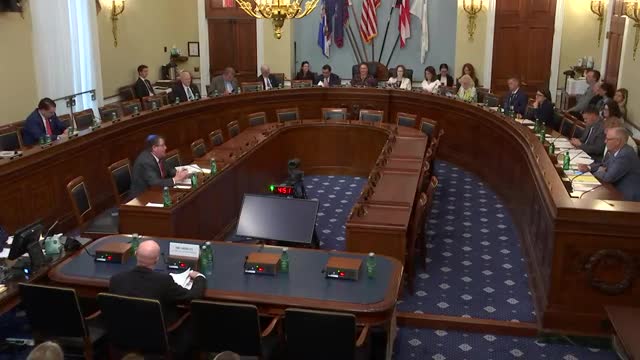Article not found
This article is no longer available. But don't worry—we've gathered other articles that discuss the same topic.
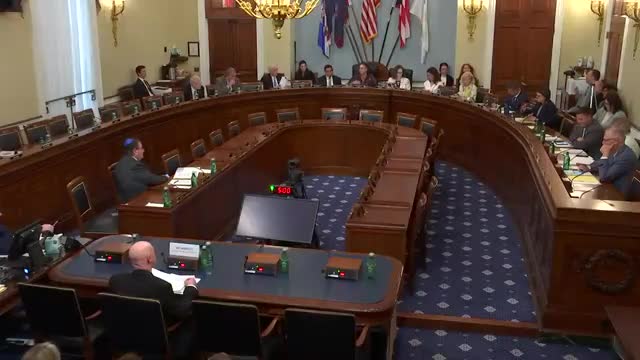
Subcommittee backs pilot program to use invasive blue catfish for pet food under bipartisan MAWS Act
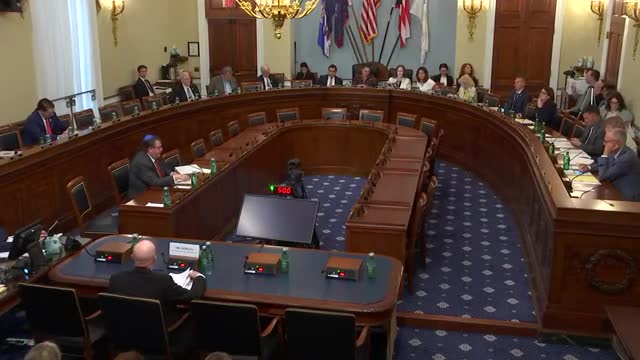
House subcommittee considers bill to exempt captive-bred sturgeon from some ESA restrictions
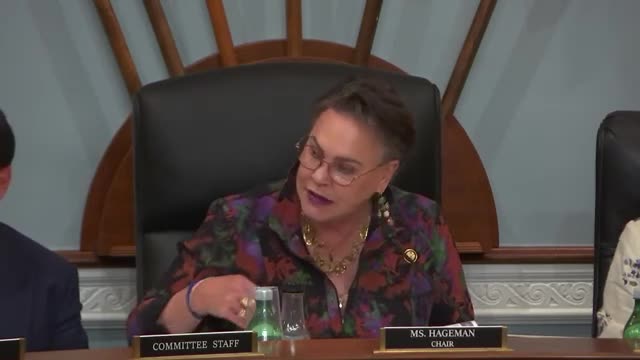
House hearing spotlights ESA transparency bill; sponsor and agency discuss public access to data
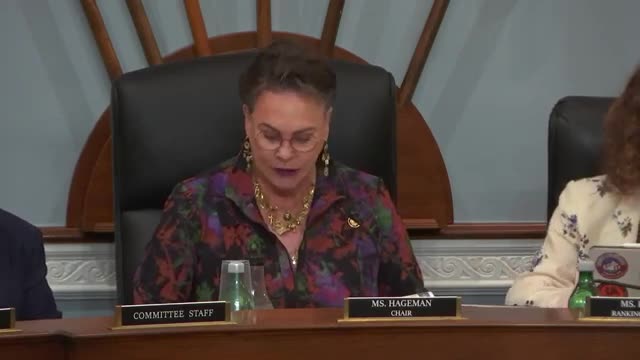
House subcommittee opens contentious review of Marine Mammal Protection Act discussion draft
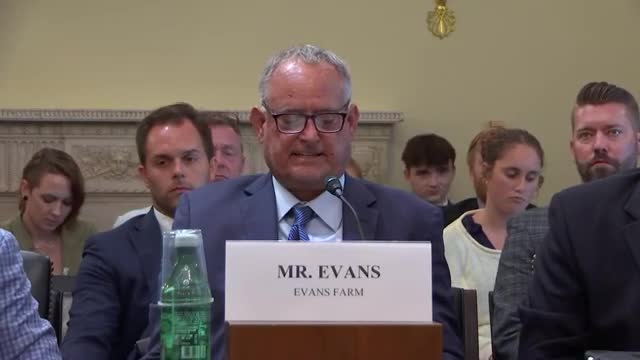
Industry and conservation witnesses split on permitting and conservation standards in MMPA debate
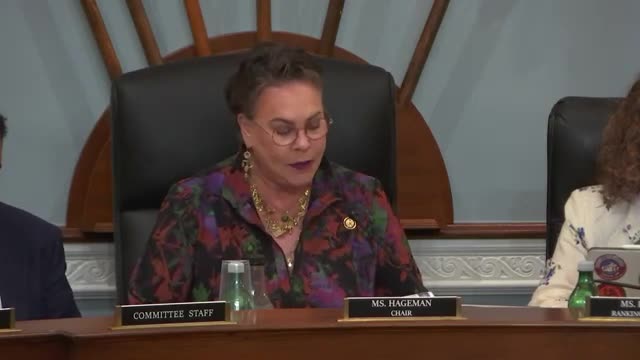
Subcommittee reviews SYKES Act amendment to allow Department of Defense cooperative agreements off installations

SUSHI Act would task NIST with chemical tests to deter illegal seafood imports, supporters say
